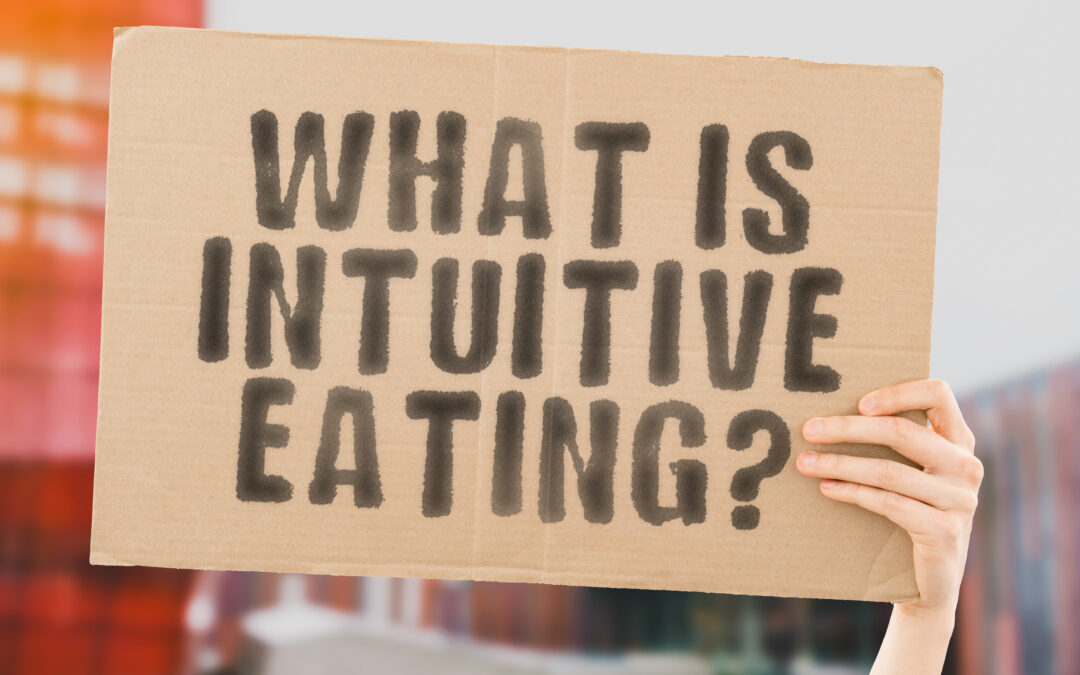Welcome to our blog post on the incredible power of meal support in eating disorder recovery! If you or a loved one are navigating the challenging journey of overcoming an eating disorder or disordered eating habits, meal support can play a vital role in the healing process. In this blog post, we’ll explore what meal support entails, its benefits in recovery, and who you can do meal support with. Let’s dive in!

Table of Contents
What is Meal Support
Meal support refers to the practice of receiving assistance, encouragement, and guidance from others during meals as part of the recovery process. It aims to create a safe and supportive environment for individuals with eating disorders to normalize their eating behaviors and develop a healthier relationship with food. With that being said, support during meals can make all the difference!
How Can Meal Support Help in Eating Disorder/Disordered Eating Recovery?
Meal support offers several key benefits:
- Emotional Support: Many individuals with eating disorders experience intense anxiety surrounding food and mealtimes. Having someone present during meals can provide reassurance and help reduce anxiety, enabling individuals to focus on nourishing themselves without excessive worry or fear.
- Breaking Isolation: Eating disorders can often lead to isolation and withdrawal from social interactions. Meal support offers a chance to reconnect with others and engage in shared experiences around food, fostering a sense of community and belonging.
- Accountability and Structure: During the recovery process, establishing a regular eating routine is crucial. Meal support offers accountability and structure, ensuring that individuals consume regular meals and snacks according to their personalized treatment plan. This regularity aids in stabilizing their eating patterns and restoring their nutritional health.
- Encouragement and Motivation: The presence of a supportive individual during mealtime offers encouragement and motivation. They can celebrate progress, highlight achievements, and provide a source of inspiration to stay committed to recovery goals.

What is Typically Eaten During Meal Support and Why?
During meal support, the type of meal or snack consumed can vary depending on individual needs and treatment goals. Here are two common scenarios:
Full Meals or Snacks
In some cases, individuals may eat a complete meal during meal support sessions. This approach allows for a comprehensive observation of eating habits, emotional reactions, and challenging thoughts that may arise during the meal. It provides an opportunity to address specific concerns or difficulties faced by the individual.
Fear Foods
Fear foods are specific foods that individuals with eating disorders or those struggling with disordered eating may find particularly challenging to incorporate into their diet due to anxiety or specific associations. Gradual exposure to fear foods within the supportive context of meal support helps individuals confront and overcome their fears. It encourages them to challenge restrictive behaviors, broaden their food choices, and develop a healthier relationship with previously avoided foods!
Do’s and Don’ts for Meal Support
When supporting at meals:1
- Don’t talk about calories, weights, or numbers
- Dont talk about weight gain, the need for weight gain, or the eating disorder during meals
- Dont talk about potentially triggering topics such as body, clothing, etc. If unsure, ask the person you’re supporting what triggers to avoid
- Don’t have intense conversations
- Don’t say anything negative about any foods
- Don’t praise them too much—sometimes this can result in a backlash from the eating disorder
During meals, it’s good to (Do’s):1
- Remain calm
- Be compassionate and understand that the person you are supporting is likely very anxious
- Keep the person distracted from eating disorder thoughts and high anxiety by engaging in lighthearted conversation
- Play games such as “Twenty Questions” or “Would You Rather” or watch a lighthearted show or video together
- Ask the person if they need support after the meal when urges to purge or guilt may be very high. Be willing to help with distractions after the meal if needed
- Provide gentle encouragement to keep going if the person stops eating or seems to be struggling to eat
- Eat with them if you can
Who Can You Do Meal Support With?
Meal support can be done with anyone who can provide a supportive and non-judgmental presence during meals. However, engaging in guided meal support with a therapist or dietitian is particularly beneficial. These professionals have specialized knowledge and experience in eating disorder treatment and can provide valuable insights and guidance throughout the process.
Guided meal support allows the treatment team to closely monitor the individual’s eating behaviors, identify potential challenges, and address any atypical behaviors that may arise. It also provides an opportunity for the treatment team to offer real-time feedback and guidance, ensuring that the individual receives the necessary support and encouragement to make progress in their recovery!

Bottom Line
Meal support is a powerful tool in eating disorder recovery, offering individuals the necessary support, structure, and encouragement to develop a healthier relationship with food. Whether it is with a therapist, dietitian, or a loved one, incorporating meal support into the treatment process can greatly enhance the chances of successful recovery. Remember, you don’t have to face your eating disorder alone—there is strength in seeking support and allowing others to be there for you along the way!
If you are interested in meal support with a Registered Dietitian, fill out this form and we will be in contact! We also provide 1:1 counseling for those struggling with eating disorders, disordered eating, or anyone who wants to take a weight-inclusive approach to nutrition.
Also, check out our free resources here.






0 Comments